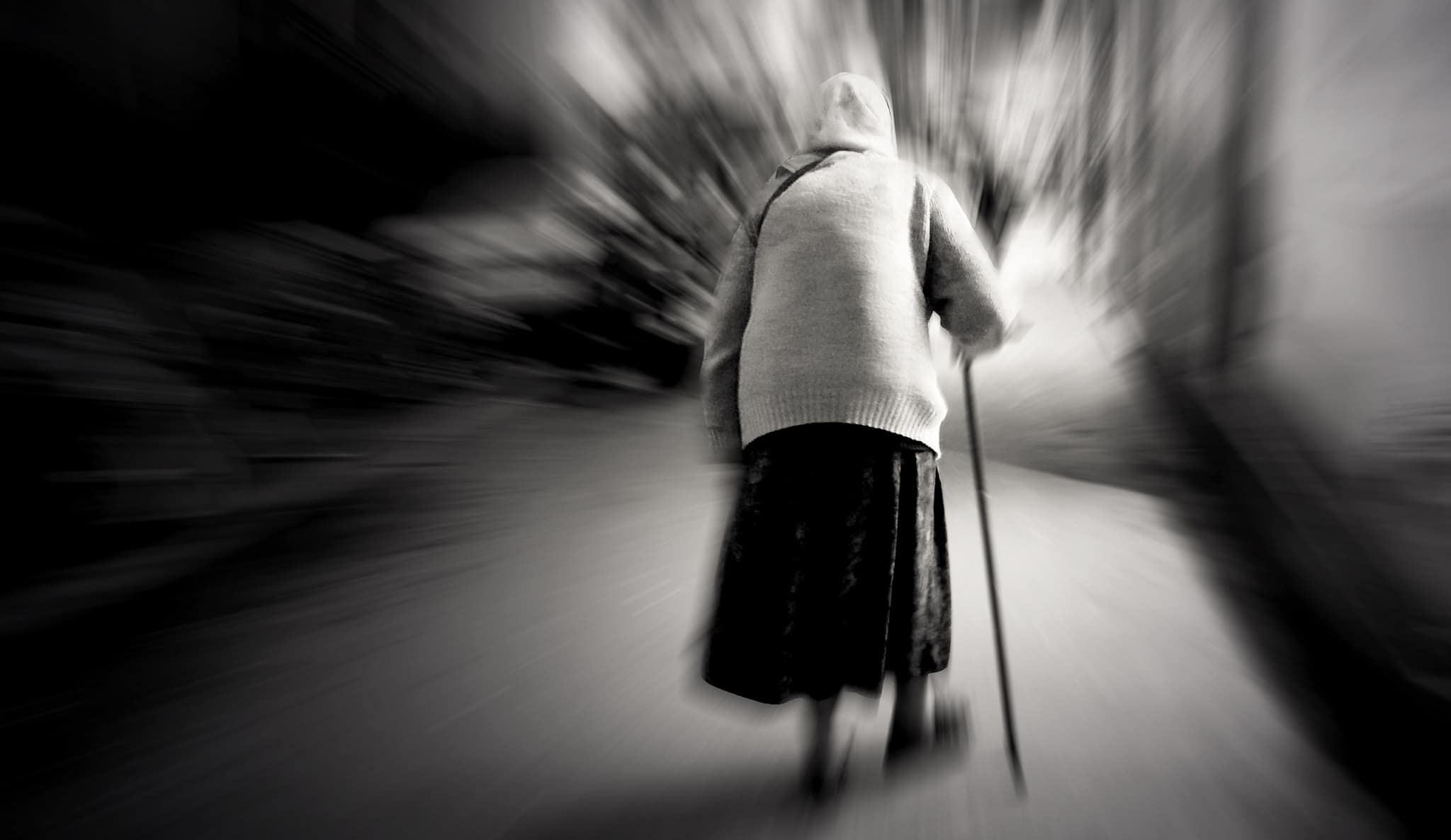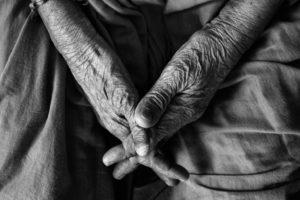HIV: Don’t forget the elderly


Limpopo’s Health MEC, Dr Phophi Ramathuba, has taken it upon herself to educate elderly people in the province about HIV and Aids after realising that there is a vast lack of knowledge about the deadly disease.
“Our elderly women in the province are being raped and infected with HIV daily. And they end up not reporting the matter to the police or seek medical attention from their local clinics because they lack information and knowledge regarding the virus,” said Dr Ramathuba.
The MEC is visiting all districts in the province to personally educate the elderly women about how they can protect themselves from HIV and Aids.
Elderly women pass on knowledge
We must all get tested for us to have an HIV-free generation,” Dr Phophi Ramathuba.
“They say if you educate an elderly woman about something, you will also be educating the nation as the elderly women always pass the knowledge on to the young ones. And in that way we may be able to stop the spread of the virus. These elderly women are the ones who are looking after most of the orphans in the province. And they need to be educated,” she said.
The Department of Health is encouraging all elderly people in the province – especially women – to get tested for HIV.
This is so that they can know their statuses and also how to protect themselves against the virus. The campaign, currently happening in Limpopo, is part of a string of events to mark World AIDS Day on December 1.
“Starting from today, we will be testing all elderly people for free, starting with HIV, TB, diabetes, and other infections. It’s all in our hands to stop the spread of the HIV and other diseases. We must all get tested for us to have an HIV free generation,” she said, while speaking at a gathering on Tuesday.
Educating elders on HIV vulnerability
Dr Ramathuba also said that the elderly women in the province were the most vulnerable to HIV because they had very little knowledge about the virus.
The MEC said she was pleased to hear that ARVs were available at all the clinics in the province, including those based in deep rural areas.
Vhembe-based social worker Peggy Mulaudzi said everyone with information about HIV was responsible for teaching elderly people about the disease and also about how they could protect themselves.
“We cannot just leave it to government alone to educate our people. We should also play our role as the younger generation, and educate our mothers about the virus,” she said. – Health-e News.
An edited version of this story was published in The Star
Author
Republish this article
This work is licensed under a Creative Commons Attribution-NoDerivatives 4.0 International License.
Unless otherwise noted, you can republish our articles for free under a Creative Commons license. Here’s what you need to know:
You have to credit Health-e News. In the byline, we prefer “Author Name, Publication.” At the top of the text of your story, include a line that reads: “This story was originally published by Health-e News.” You must link the word “Health-e News” to the original URL of the story.
You must include all of the links from our story, including our newsletter sign up link.
If you use canonical metadata, please use the Health-e News URL. For more information about canonical metadata, click here.
You can’t edit our material, except to reflect relative changes in time, location and editorial style. (For example, “yesterday” can be changed to “last week”)
You have no rights to sell, license, syndicate, or otherwise represent yourself as the authorized owner of our material to any third parties. This means that you cannot actively publish or submit our work for syndication to third party platforms or apps like Apple News or Google News. Health-e News understands that publishers cannot fully control when certain third parties automatically summarise or crawl content from publishers’ own sites.
You can’t republish our material wholesale, or automatically; you need to select stories to be republished individually.
If you share republished stories on social media, we’d appreciate being tagged in your posts. You can find us on Twitter @HealthENews, Instagram @healthenews, and Facebook Health-e News Service.
You can grab HTML code for our stories easily. Click on the Creative Commons logo on our stories. You’ll find it with the other share buttons.
If you have any other questions, contact info@health-e.org.za.
HIV: Don’t forget the elderly
by NdivhuwoMukwevho, Health-e News
December 1, 2016
MOST READ
Social media for sex education: South African teens explain how it would help them
Prolonged power outage leaves hospitals in the dark for two days
There’s more to self-care than scented candles or massages, it’s a key public health tool
Access to clean water and stable electricity could go a long way to addressing rising food poisoning in SA
EDITOR'S PICKS
Related


Whooping cough cases increase rapidly, officials urge vigilance

